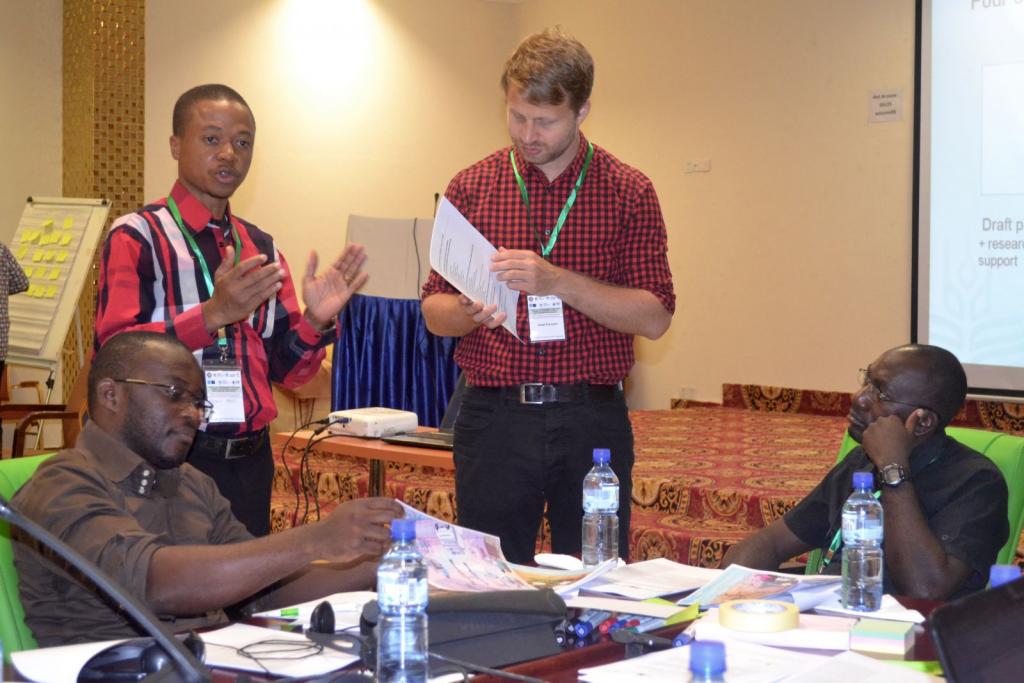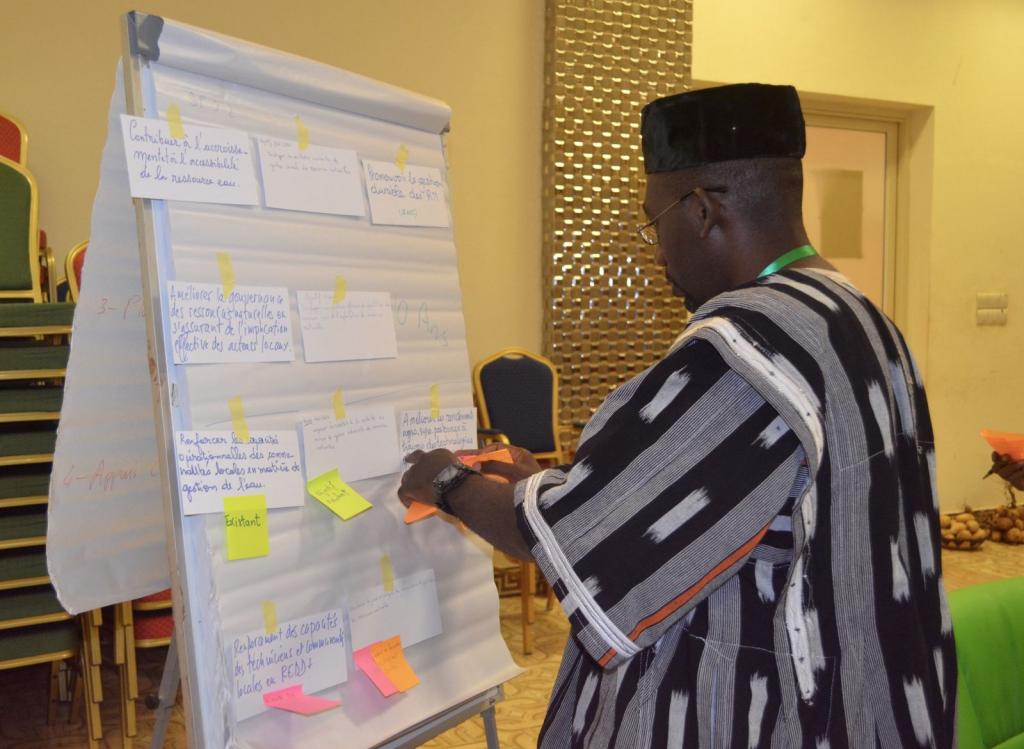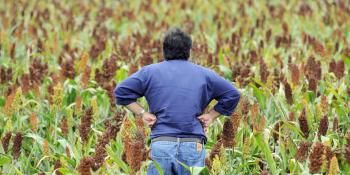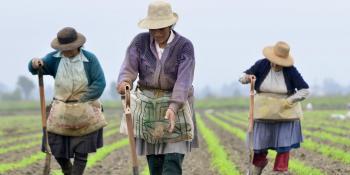Using future scenarios to design policy and research together in Burkina Faso

CGIAR research programs join forces with Burkina Faso to support the development of a national plan for the rural sector using scenario-guided policy planning.
Finding ways to merge research, development and policy objectives is key, especially as countries across the globe face mounting and unprecedented challenges in the form of food insecurity, the increasing pressures on environment and natural resources, and the uncertainty of climate change.
A key question for us has therefore become: how can agriculture research activities across CGIAR best support national policy objectives? Working directly with national stakeholders is one key step towards making sure research fits policy development goals.
In a workshop in Ouagadougou, Burkina Faso, in mid-July 2015, CGIAR researchers, government planners, private sector representatives and other national experts met to tackle this question. The goal: development of the new National Plan for the Rural Sector for Burkina Faso (PNSR) and the identification of research strategies to support this plan. The tool: scenario-guided policy planning.
The activity is a joint effort by the Burkina Faso government, led by the Permanent Secretariat for the Coordination of Rural Sector Policies, and the CGIAR research programs on Cimate Change, Agriculture and Food Security (CCAFS); Forests, Trees and Agroforestry (CRP-FTA), Water, Land and Ecosystems (WLE) and Dryland Systems.
A process was organized to kick-start the development of the new National Plan for the Rural Sector, set for 2016 to 2020 using documentation on the previous plan as a starting point. Participants organized in theme-specific groups critically examined, expanded, changed and updated the national document in a first round of revisions.
First draft objectives for research support by the CGIAR were also established on day one of the workshop. Then, scenarios developed for the West African ECOWAS region in a process facilitated by CCAFS were adapted to initiate the development of new scenarios specific to Burkina Faso and its national plan, by four groups, each focusing on a different scenario.

Workshop participants getting ready to work on Burkina Faso's National Plan for the Rural Sector using scenarios methodology. Photo: Kabore Herve
Day two began with a reflection on quantitative scenario information comprising economic growth, agricultural yields, land use change and other factors, simulated by the GLOBIOM model by International Institute for Applied Systems Analysis (IIASA) and the IMPACT model by the International Food Policy Research Institute (IFPRI).
While developing their Burkina Faso scenarios in the ECOWAS context, the participants were asked to reflect on the compatibility between the models’ insights and their own ideas about the scenarios. Interestingly, the numbers and narratives matched up well, with the scenarios providing local context for the interpretation of the model results.
Once these scenarios were created, each scenario group reviewed the new draft of the national plan and its associated CGIAR research, theme by theme, providing recommendations to make the plan more feasible under their scenario. At the end of the second day, the theme groups reconvened to do a first round of consideration of the scenario feedback on their theme from all four scenarios.
Guiding questions attempted to identify common recommendations coming from all scenarios, hence indicative of key challenges, scenario-based recommendations that were complementary and pointed to different issues, or how these should be dealt with?

Outlining scenarios for Burkina Faso given a number of socio-economic and climate-related factors. Photo: Kabore Herve
After the main workshop, a smaller group, including the team from the Permanent Secretariat who lead the National Plan development, and a number of resource persons and topic experts reconvened with the CGIAR researchers to discuss the next steps for the plan.
The Secretariat indicated that they were very happy with the results and planned to take them forward into the plan’s drafting process – in fact, immediately after the second day, they had already discussed some key new issues with their colleagues in the relevant ministries that emerged directly from the workshop.
Other participants mentioned how appreciative they were to partake in the excercise:
On behalf of the private sector, I am pleased to be invited to such a workshop, and I appreciated the approach of scaling down from a Regional plan, but most of all, the integration of the rural private sector, said Simone Zoundi from the Fédération Nationale des Industries de l'Agro-Alimentaire du Burkina Faso.
At the start of this exercise, we were not certain where we were going [..] Now there is a sense of appreciation and satisfaction, said Joachim Ouedraogo- department chief, Prospectives et Politiques du Secteur Rural, Secrétariat Permanent de la Coordination des Politiques – responsible for the development of the PNSR.
This workshop marks the beginning of a process of collaborative work between the CGIAR programs and the Burkina Faso government to align policy and research objectives – made more robust through their confrontation with the diverse potential futures that Burkina Faso might face.
Learn more:
- Articles from across the globe: CCAFS Scenarios work
- Flyer: Testing climate and agriculture policy against future scenarios
Joost Vervoort works as CCAFS Scenario Officer for CCAFS Flagship on Policies and Institutions, and is based at the University of Oxford. Michael Balinga works as an international scientist for the Center for International Forestry Research (CIFOR) in West Africa.
Interested in policies and institutions for climate-resilient food systems? Subscribe to our newsletter.



